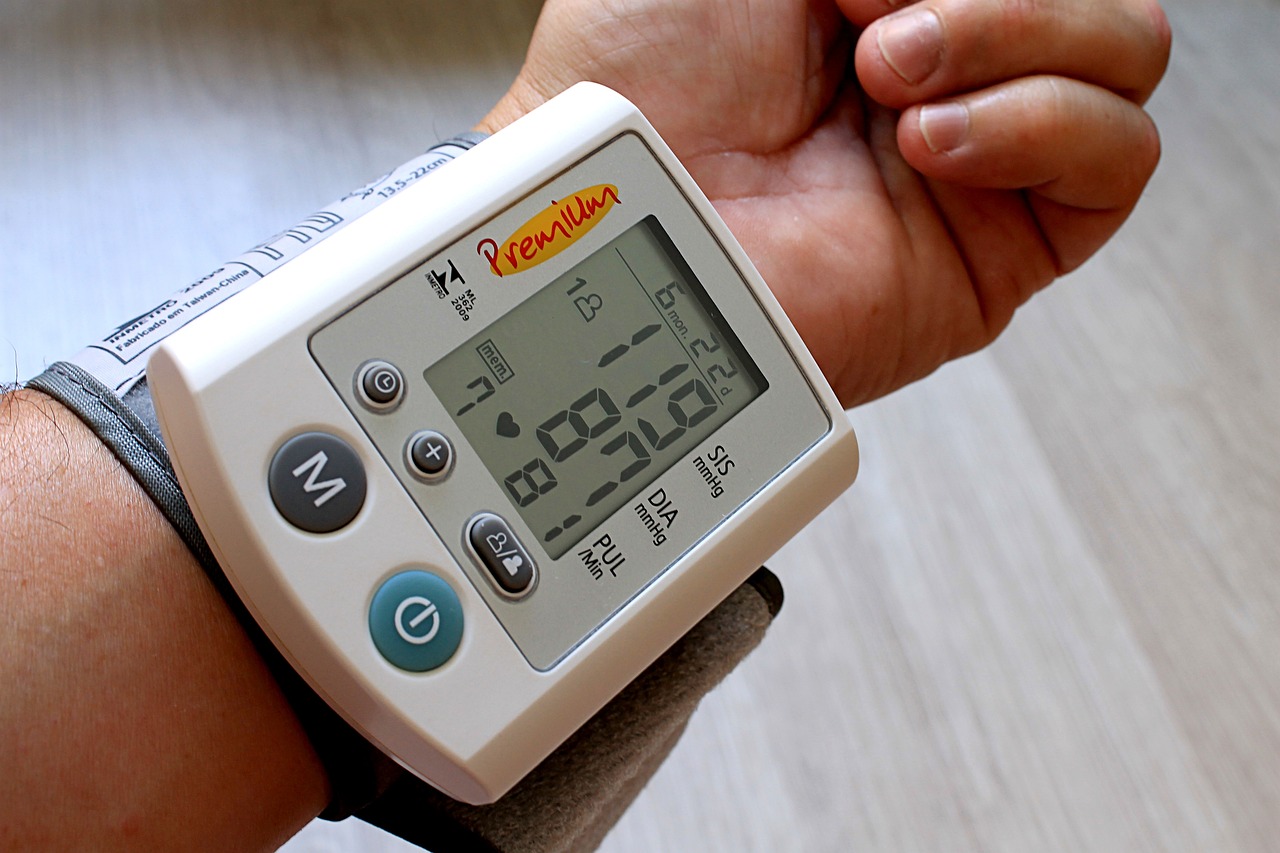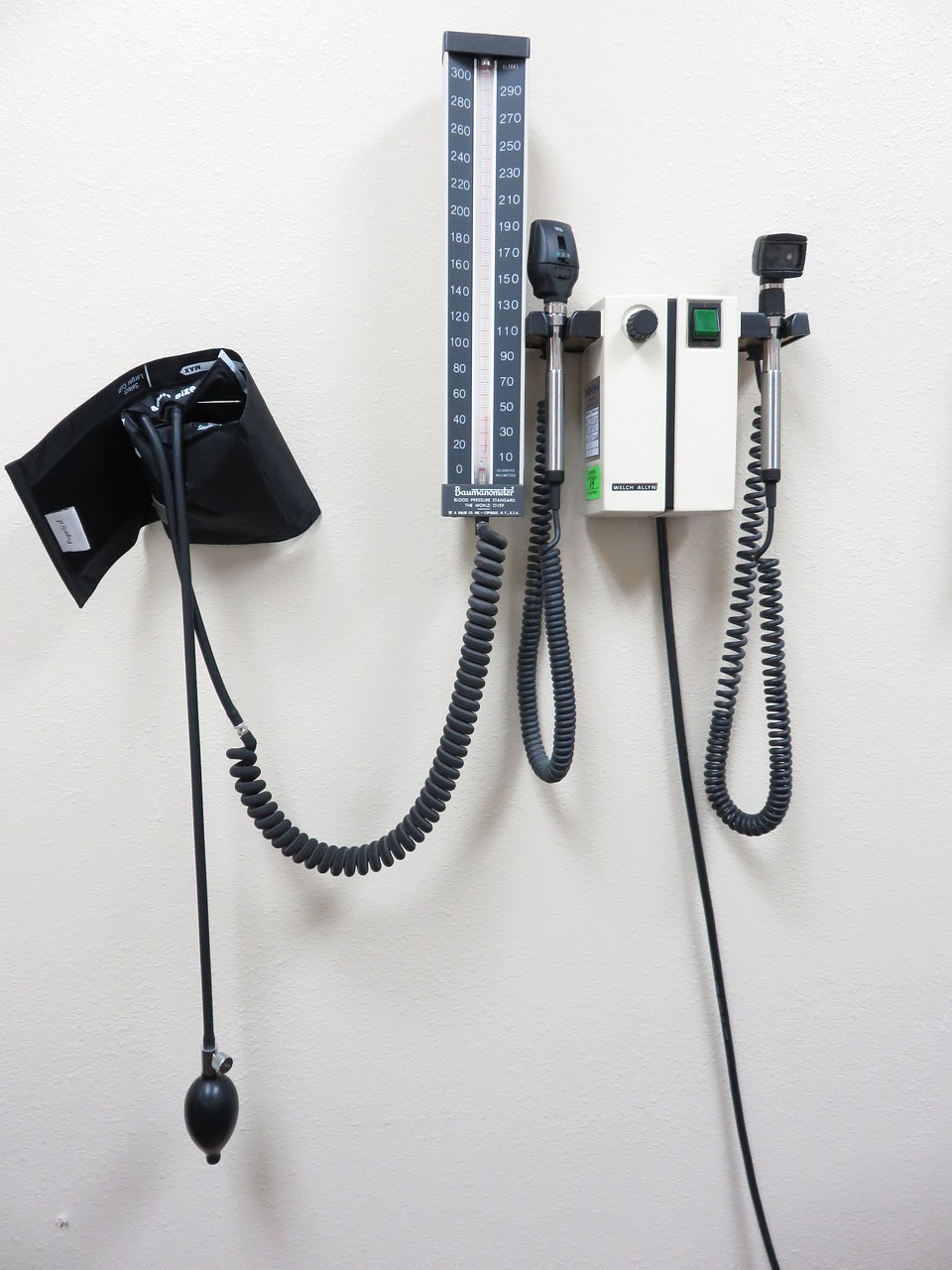While high blood pressure is a well-known health concern, low blood pressure, also known as hypotension, can also pose risks to overall well-being. Low blood pressure occurs when the force exerted by blood against artery walls is below normal levels. While it is not as prevalent as high blood pressure, understanding the dangers associated with low blood pressure is important. Here are some key points to consider:
- Insufficient Blood Flow: Low blood pressure can lead to inadequate blood flow to vital organs, such as the brain, heart, and kidneys. Insufficient blood supply to these organs can cause dizziness, lightheadedness, fainting, confusion, and in severe cases, organ damage.
- Risk of Falls and Injuries: Sudden drops in blood pressure can result in episodes of dizziness or fainting, which increases the risk of falls and injuries. This is particularly concerning for older adults, who may already have balance and mobility issues.
- Impaired Brain Function: When blood pressure drops significantly, it can impact brain function and cognition. This may result in difficulty concentrating, memory problems, and reduced alertness.
- Shock: In severe cases, very low blood pressure can lead to a condition called hypovolemic shock. This occurs when there is a significant loss of blood volume, such as from severe bleeding or dehydration. Hypovolemic shock is a life-threatening condition that requires immediate medical attention.
- Cardiovascular Problems: Low blood pressure can be associated with underlying cardiovascular issues. Conditions such as heart failure, heart valve problems, arrhythmias, and certain medications can contribute to low blood pressure.
- Endocrine Disorders: Certain endocrine disorders, such as adrenal insufficiency or hypothyroidism, can cause low blood pressure. These conditions affect hormone production, which can have an impact on blood pressure regulation.
- Medication Side Effects: Some medications, such as those prescribed for high blood pressure, diuretics, or medications that dilate blood vessels, can lower blood pressure excessively. It is important to follow prescribed medication regimens and consult with a healthcare professional if experiencing symptoms of low blood pressure.
It is crucial to note that not everyone with low blood pressure will experience symptoms or complications. However, if symptoms of low blood pressure are persistent or severe, it is essential to seek medical attention to determine the underlying cause and receive appropriate treatment.
In conclusion, while low blood pressure is not as commonly discussed as high blood pressure, it can pose dangers to overall health. Being aware of the potential risks associated with low blood pressure can help individuals recognize symptoms, seek appropriate medical care, and manage their condition effectively.

